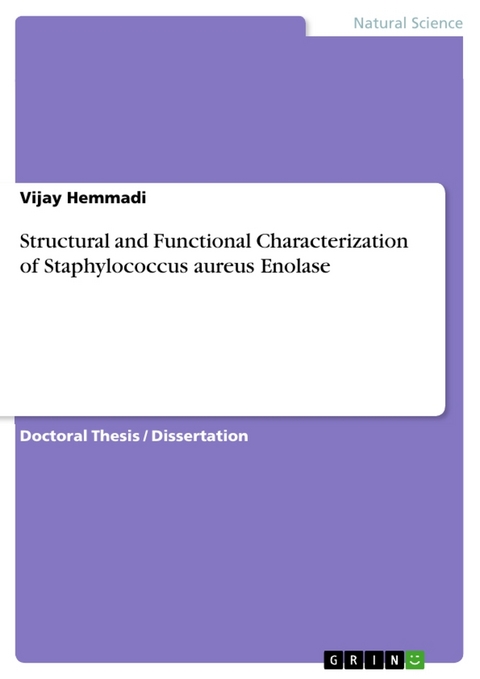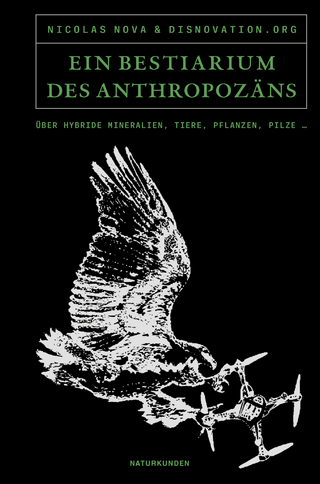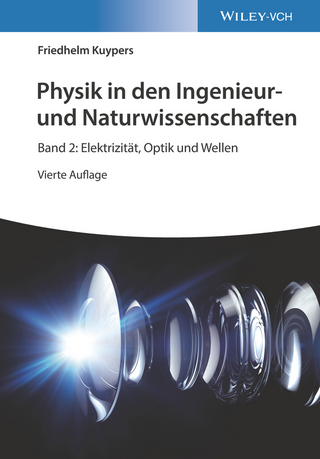
Structural and Functional Characterization of Staphylococcus aureus Enolase
GRIN Verlag
978-3-346-78933-4 (ISBN)
- Titel nicht im Sortiment
- Artikel merken
Vijay Hemmadi began appreciating the intricate craftsmanship of nature at an early age. Perplexed by this, he attempted to understand how bacteria interact with their hosts. In this context, Vijay, in his doctoral research, deciphered the role of moonlighting proteins in the pathogenicity of bacteria. In his doctoral research, he is well trained in molecular cloning and protein chemistry. Additionally, he is experienced in training personnel, grant writing, and project management, including budgeting and coordination. He is skilled at simplifying complex scientific concepts, communicating effectively, and working individually and as part of a team. He is self-disciplined, maintains work deadlines, and believes in the value of collaborative effort.
| Erscheinungsdatum | 11.01.2023 |
|---|---|
| Verlagsort | München |
| Sprache | englisch |
| Maße | 148 x 210 mm |
| Gewicht | 354 g |
| Themenwelt | Medizin / Pharmazie ► Medizinische Fachgebiete |
| Naturwissenschaften ► Biologie ► Allgemeines / Lexika | |
| Naturwissenschaften ► Biologie ► Mikrobiologie / Immunologie | |
| Schlagworte | Adherence • AMR • Antibiotics • Bacteria • Cloning • Enolase • Enzyme • Invasion • Life Science • Molecular Biology • moonlighting protein • MRSA • Pathology • plasminogen • proteins • Staphylococcus aureus • Thesis • Virulence |
| ISBN-10 | 3-346-78933-0 / 3346789330 |
| ISBN-13 | 978-3-346-78933-4 / 9783346789334 |
| Zustand | Neuware |
| Haben Sie eine Frage zum Produkt? |
aus dem Bereich


